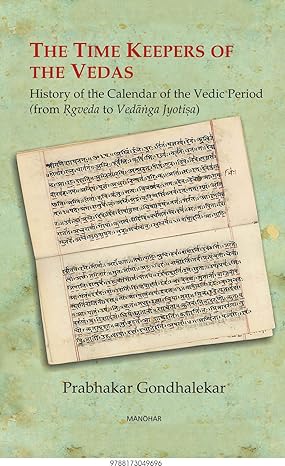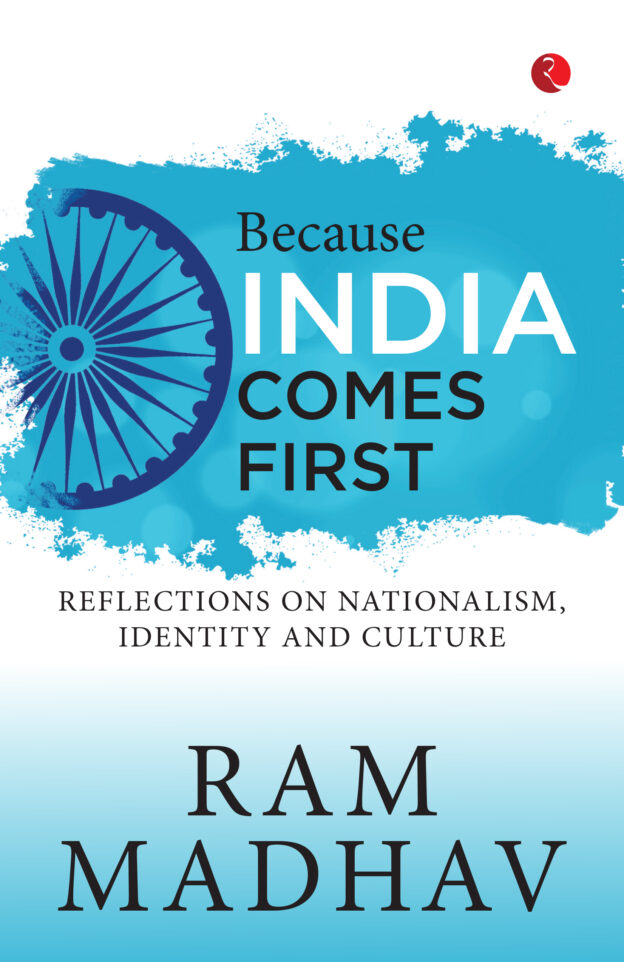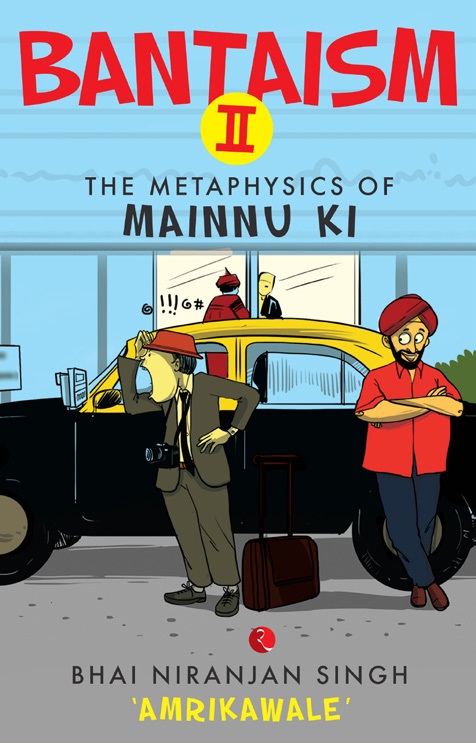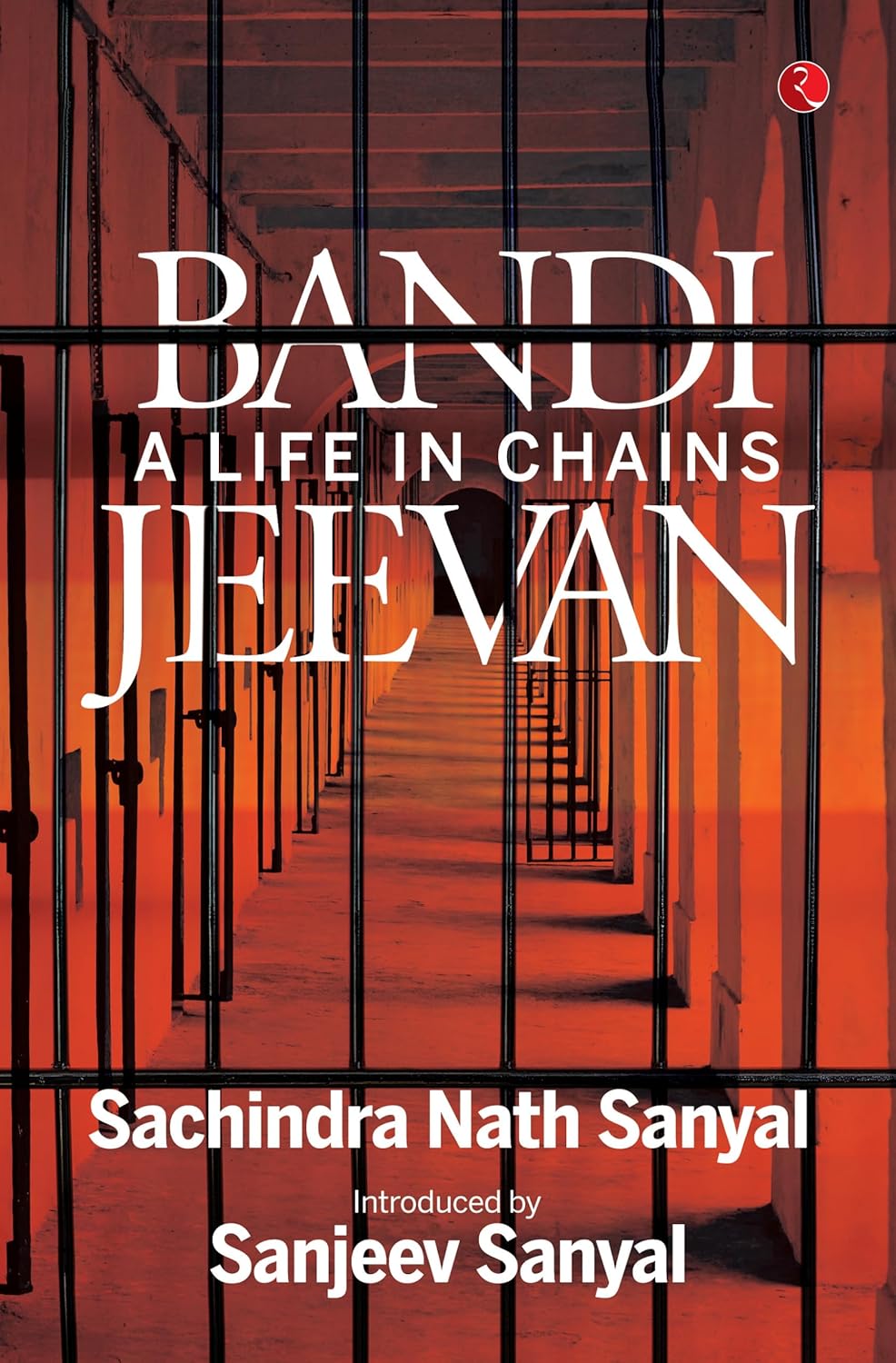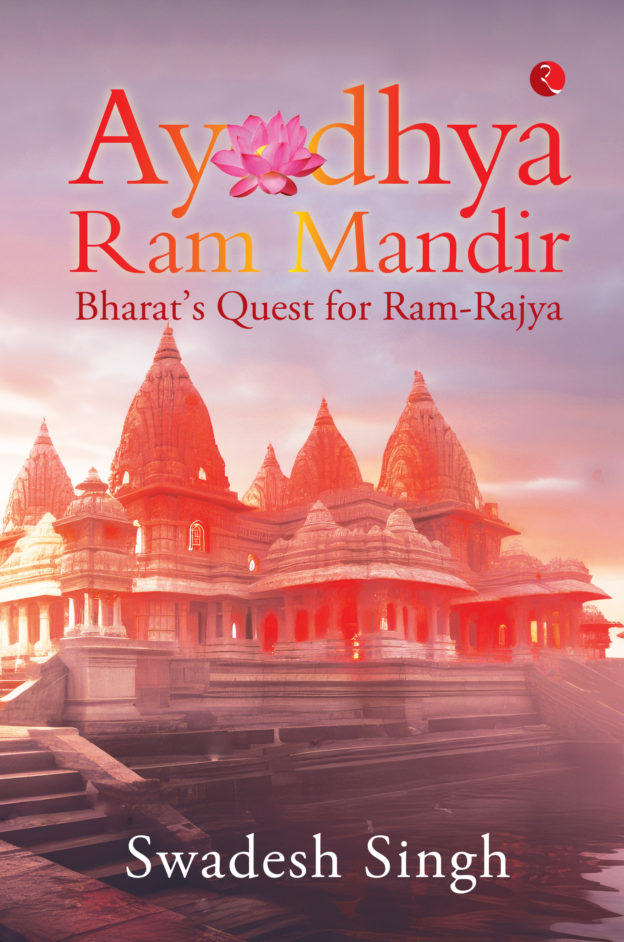The Time Keepers of the Vedas: History of the Calender to the Vedic Period (From Rgveda to Vedanga Jyotisa)
Availability :
In Stock
₹ 698.10
M.R.P.:₹ 895
You
Save: ₹196.90 (22.00% OFF)
(Inclusive
of all taxes)
Delivery:
₹ 0.00 Delivery charge
Author:
Prabhakar Gondhalekar
Publisher:
Manohar Publishers
ISBN-13:
9788173049699
Publishing Year:
2013
No. of Pages:
500
Weight:
544 grams
Language:
English
Book Binding:
Hardcover

